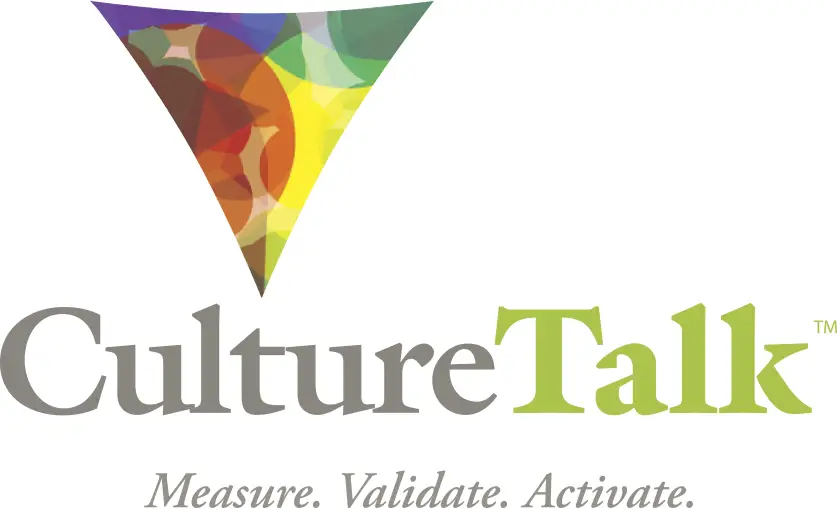The Impact of Positive Emotions in the Workplace
- August 23, 2024
- 2:07 pm
- Isabelle Forstmann
Why Good Feelings Drive High Performance Goals
We caught up with Mark C. Crowley, a thought leader in the field of heart-based leadership and human potential. Mark is the author of Lead from the Heart, a how-to leadership book adopted by 11 American universities, and the host of the Lead from the Heart podcast, which has an audience spanning 175+ countries. His guests include renowned thinkers like Daniel Pink, Amy Edmondson, and Marshall Goldsmith.
Our conversation delved into the profound role that emotions play in the workplace and how fostering good feelings within teams can lead to extraordinary results. Mark’s career exemplifies the powerful connection between emotional well-being and high performance. By nurturing positive emotions in his teams, he led them to achieve record-breaking sales and profitability. We explored the emerging science behind why emotional connection is the prime driver of engagement and how managers can better support employee growth, emotional connection, and well-being.
Catch the full interview hosted by CultureTalk co-founder Theresa Agresta.
Key Takeaways on Emotions and Leadership
Heart-Based Leadership: Mark decided early in his leadership career to give people who worked for him what he always wanted — support, care, advocacy, appreciation, and opportunities for growth — and was amazed by how well his teams responded.
- Building Emotional Connections: As Mark honed his leadership skills, he began to create environments that nurtured emotional well-being consciously. He understood that positive feelings lead to better behaviors, which in turn drive team success. Emotionally connected teams, he found, consistently outperform those driven solely by rational, transactional leadership models.
- Challenging Misconceptions: Mark’s book title, Lead From the Heart, was initially met with resistance. Talking about heart-based leadership was seen as too soft, weak, and sentimental. The idea that we’re not fully rational beings annoys a lot of people…particularly in business!
- The Science Says— Employees that Feel Good are More Effective: Mark’s ideas have gained traction as new science confirms that emotions drive behavior and are far more important than once believed at supporting people’s optimal performance.
- Corporate Culture Shifts: Mark shared an anecdote about how Microsoft revamped their bonus program to reward cooperation and collaboration instead of fostering competition through ranking systems. This shift not only made employees feel good, but also increased engagement, proving that workplace emotions matter deeply in performance-driven environments.
- Overcoming Fear-Based Leadership: Many leaders still cling to the outdated belief that showing empathy and care will weaken performance. Historically, there was a scarcity mindset in business and fear and intimidation to keep employees on their toe. However, this doesn’t work for younger generations who prioritize meaningful work and emotional well-being over fear-driven incentives.
- The Science of Emotions and Growth: Emerging research continues to show that learning, emotional growth, and happiness are intertwined. When people feel emotionally supported, they are more likely to engage in behaviors that lead to personal and professional growth. This emotional engagement is directly linked to job satisfaction, creativity, and retention—proving that emotions in the workplace are a critical factor in organizational success.
The Structural Shift Needed for Emotional Well-Being
“It takes a whole structural shift for industries and organizations to start deciding that we’re going to lean into practices that support the well-being of human beings,” says Mark. He believes that despite the proven benefits of remote work, many companies are not invested in creating emotionally supportive remote environments. Without the proper emotional training for managers, he suspects that companies may pull the plug on remote work when the economy shifts.
Mark insists that it’s the emotional connection fostered through in-person interactions that enables effective remote work. He warns that without regular in-person bonding, the emotional energy sustaining remote teams will eventually be depleted.
Struggling to connect your remote team? Check out our Signature Team Storytelling Workshop , designed specifically to accelerate relationship-building and bridge the gap in connection faced by remote and hybrid teams.
Emotions Drive Behavior, Even in Cows
Near the end of their conversation, Mark and Theresa shared a lighthearted study demonstrating that even cows have feelings. Cows that are named and called by name produce 8% more milk than cows identified by number. This fascinating insight serves as a reminder that emotions and feelings drive behavior—whether in animals or in the workplace.
As Mark wisely notes, “Ask people why they quit their job and you’ll hear — I didn’t feel appreciated. I didn’t feel respected. It’s all about feelings all the time.” His point drives home the undeniable truth: emotions in the workplace play a pivotal role in how people behave, perform, and ultimately, whether they choose to stay with a company.
To foster high-performance teams, leaders must embrace the power of emotions and ensure that emotional well-being is prioritized. Only then can businesses tap into the full potential of their workforce.






